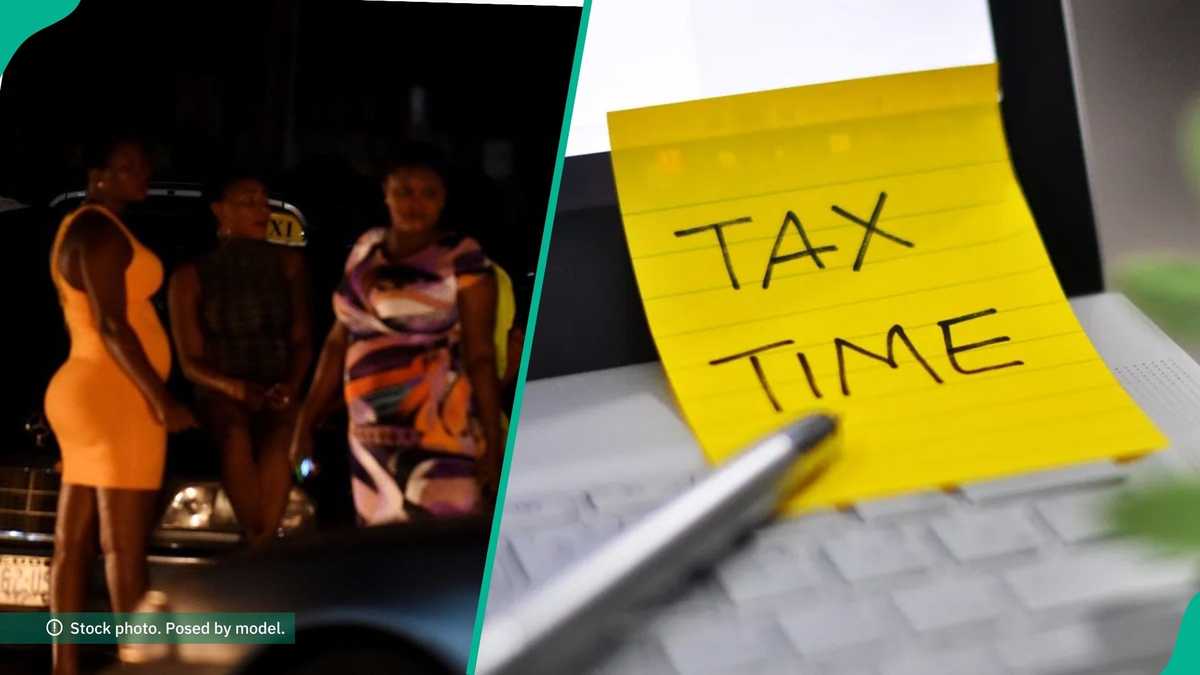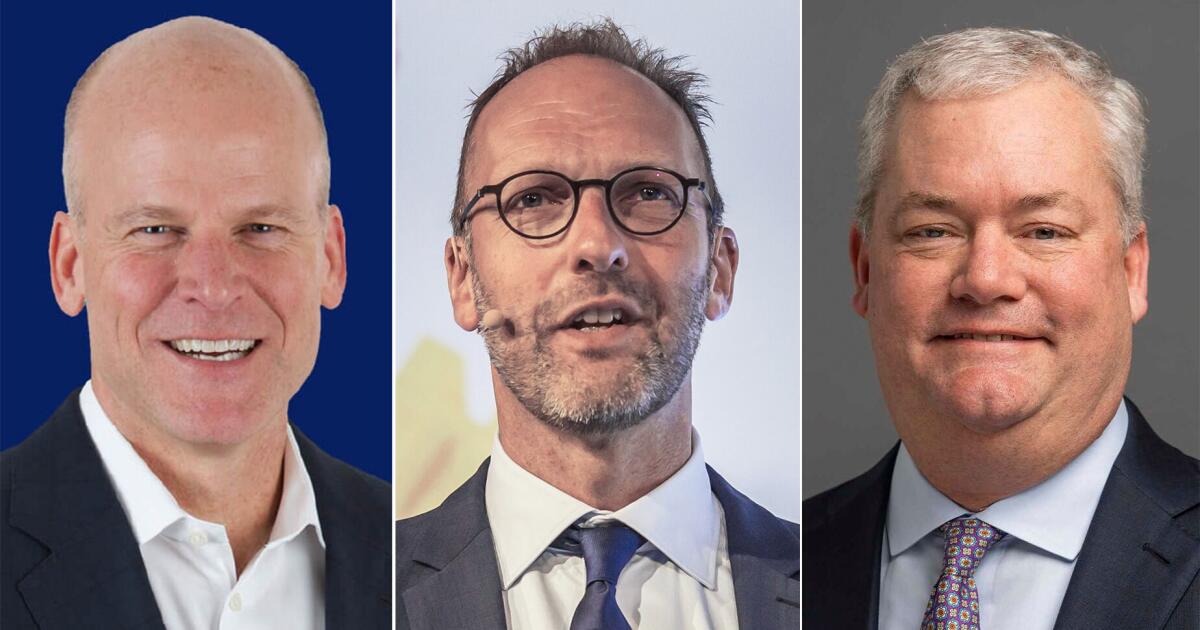By Bayo Olupohunda,Dave Ibemere
Copyright legit

Nigeria’s new tax reforms, effective January 2026, will mandate all income earners including sex workers to pay taxTaiwo Oyedele of the Presidential Committee on Fiscal Policy and Tax Reforms said the law makes no distinctionHe noted that all forms of income will be taxed and also cover social media influencers and remote workers earning in foreign currency
Legit.ng journalist Dave Ibemere has over a decade of experience in business journalism, with in-depth knowledge of the Nigerian economy, stocks, and general market trends.
Nigeria’s new tax reforms, set to take effect in January 2026, will mandate all income earners including commercial sex workers to pay tax.
This is according to Taiwo Oyedele of the Presidential Committee on Fiscal Policy and Tax Reforms.
He noted that all Nigerians, including women engaging in commercial sex popularly called “runs,” will be mandated to pay tax under the new tax reforms set to take effect in January 2026.
Speaking at the Redeemed Christian Church of God, City of David parish in Lagos on Saturday, September, 27 Oyedele told the congregation that the administration intends to levy taxes on all services rendered in exchange for money, including sexual transactions.
“For example, If somebody is doing run girls, they go and look for men to sleep with; you know that’s a service. They will pay tax on it.”
The revelation drew laughter from the audience.
Oyedele added that the law is designed to treat every income source equally, without asking whether it was obtained through legal or illegal means.
It explained that the law itself does not have the capacity to distinguish between income obtained from legitimate means and illegitimate ones; hence, all income is deemed taxable.
What to know about new tax laws
The Federal Inland Revenue Service (FIRS) has been renamed the Nigeria Revenue Service (NRS).The NRS will now collect revenues previously handled by agencies such as the Nigeria Customs Service, NUPRC, NPA, and NIMASA.Individuals earning ₦800,000 or less per year will be exempt from paying income tax.A 25% personal income tax will apply only to those earning above N50 million annually. Small business owners will be fully exempt from income tax.
From 2026, corporation tax for medium and large firms will be reduced from 30% to 25%.VAT Exemptions on Essentials: Basic items such as food, medical services, medicines, school fees and electricity will be exempt from VAT.VAT remains at 7.5%, and corporation tax stays at 30% — there has been no increase.A 2%–4% levy will fund key national institutions, including NELFUND, TETFund, NITDA and NASENI.
Dangote pays over N400bn taxes to govt
Earlier, Legit.ng reported that Dangote Industries Limited (DIL) and its subsidiaries have disclosed a total tax payment of N402.319 billion in 2024.
The company, in a statement released on Wednesday, March 6, said its tax payments solidify its position as the highest taxpayer in Nigeria.
The tax payments included that of its subsidiaries Dangote Cement, NASCON, and Dangote Packaging Limited.
Source: Legit.ng



